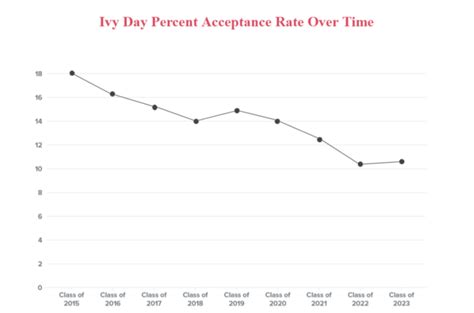For prospective students eagerly awaiting news of their Cornell University application, understanding the deferral rate is crucial. A deferral signifies that the admissions committee requires additional time to review an applicant’s credentials before making a final decision.

Cornell’s Deferral Rate Trend
In recent years, Cornell’s deferral rate has fluctuated, but it generally hovers around 20%. According to data released by the university, the deferral rate for the Class of 2026 stood at 22.4%. This means that approximately 22 out of 100 applicants were deferred to the Regular Decision round.
Understanding the Deferral Process
- What is a deferral? A deferral is not a denial but rather a request for more information or time to evaluate an application further.
- When are students notified of deferrals? Deferral decisions are typically issued in December or January, after the Early Decision deadline.
- What factors influence deferrals? Admissions officers consider various factors when deferring applicants, including academic performance, extracurricular activities, and personal essays.
Tips for Deferred Applicants
- Maintain strong academics: Continue to excel in your classes and demonstrate your commitment to academic rigor.
- Enhance extracurricular activities: Focus on developing your leadership skills, engaging in meaningful community service, and pursuing passions outside the classroom.
- Submit additional materials: Deferrals provide an opportunity to provide the admissions committee with additional information that supports your application.
- Express continued interest: Reach out to the admissions office to inquire about the status of your application and reiterate your interest in attending Cornell.
- Prepare for the Regular Decision: Gather all necessary materials, including letters of recommendation and transcripts, for the Regular Decision round.
FAQs about Deferrals
1. What is the likelihood of being accepted after deferral?
The acceptance rate for deferred applicants is generally lower than for those accepted during Early Decision. However, it is still possible to be admitted to Cornell after being deferred.
2. Does a deferral impact financial aid eligibility?
No, a deferral does not affect your eligibility for financial aid.
3. Can I appeal a deferral decision?
While Cornell does not offer a formal appeals process, you can contact the admissions office to discuss your application and request a reconsideration.
4. What if I receive a deferral from another university?
If you are deferred from another university and decide to withdraw your application, you should notify Cornell’s admissions office.
Conclusion
The Cornell deferral rate is an important metric for prospective students to consider. While it may be disappointing to receive a deferral, it is an opportunity to strengthen your application and demonstrate your continued interest in attending Cornell. By following the tips outlined above, deferred applicants can improve their chances of being admitted during the Regular Decision round.
